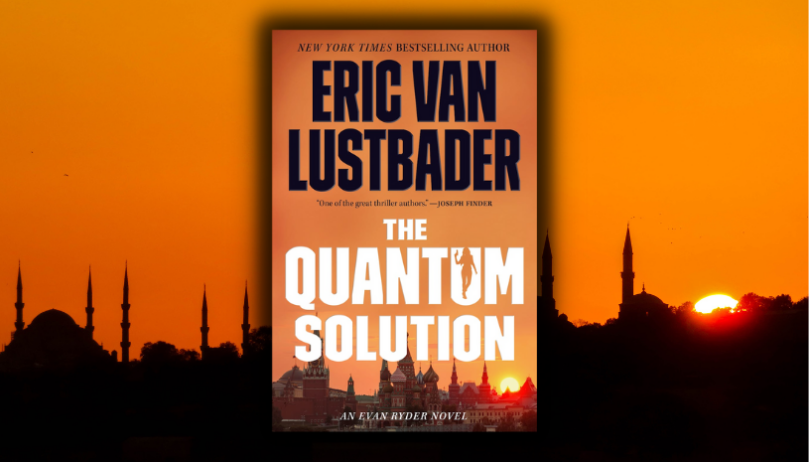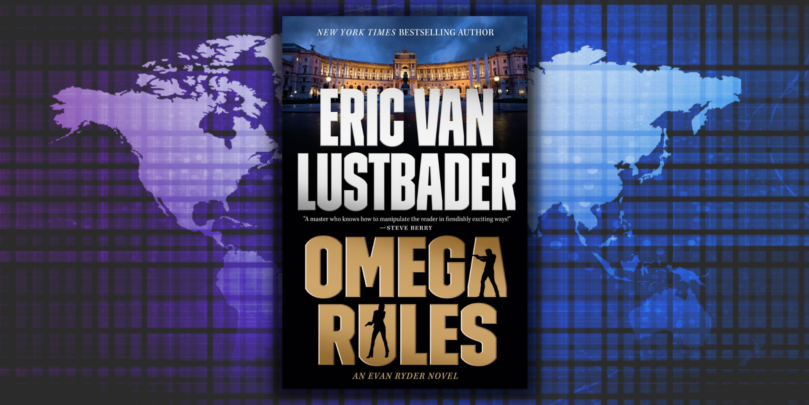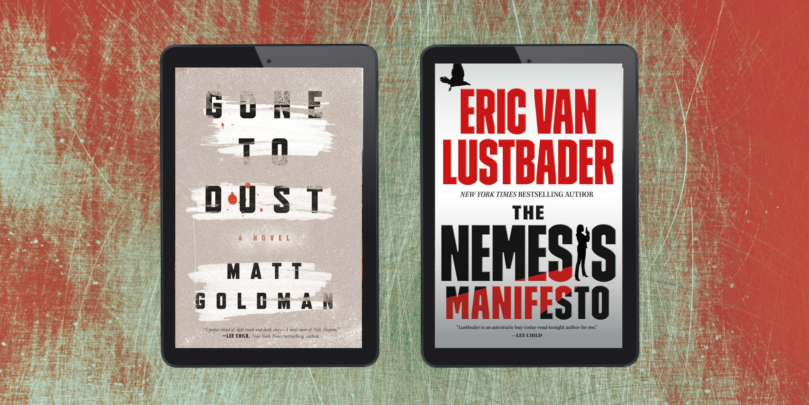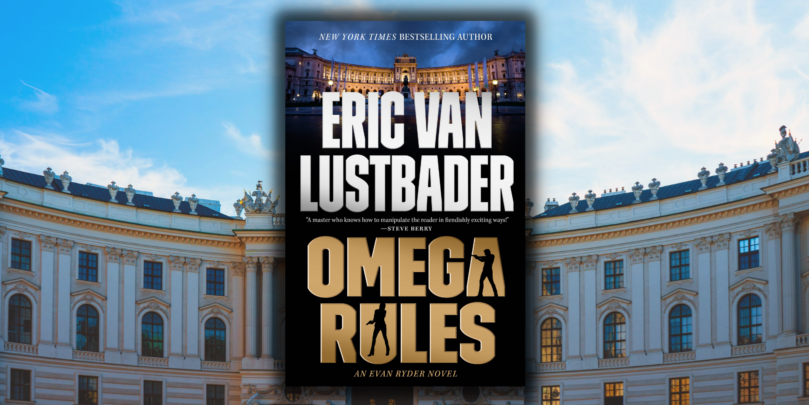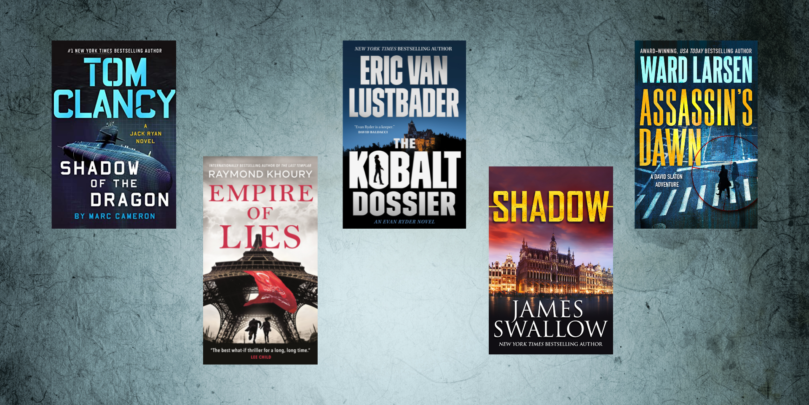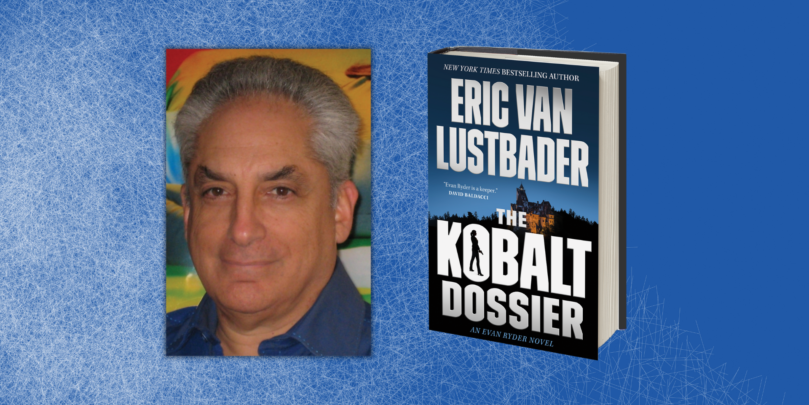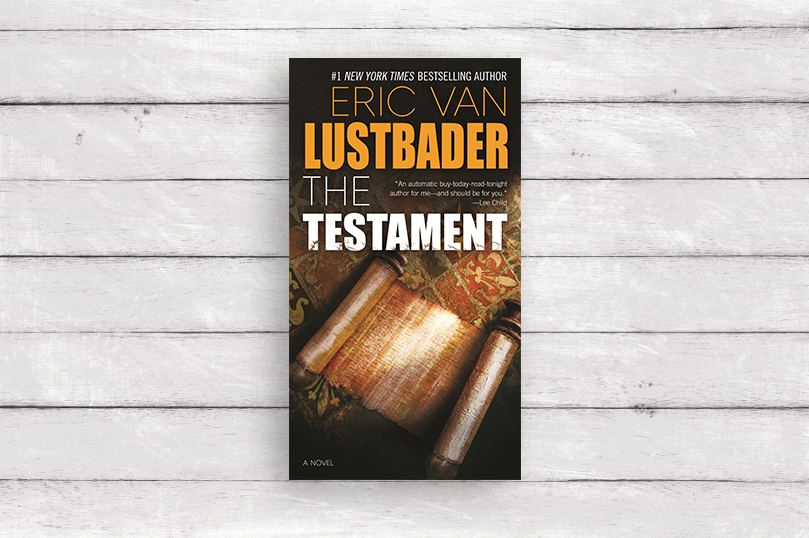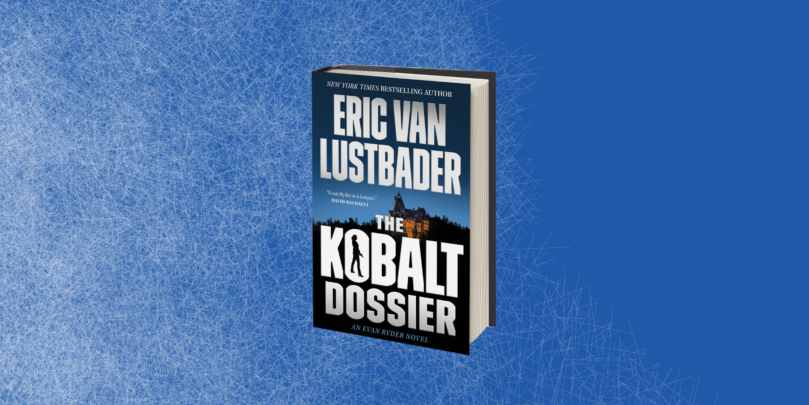
Listen Up: The Quantum Solution Playlist by Eric Van Lustbader!
Evan Ryder is an extraordinary intelligence field agent now working for the security arm of Parachute, a private company and the world’s leader in the application of quantum technology. In the past, Ryder has done lethal battle in the modern global wars of power politics, extremist ideology, corrosive disinformation, and outrageous greed. But now she…

